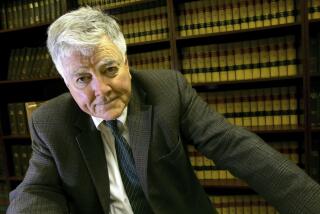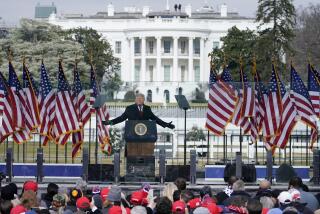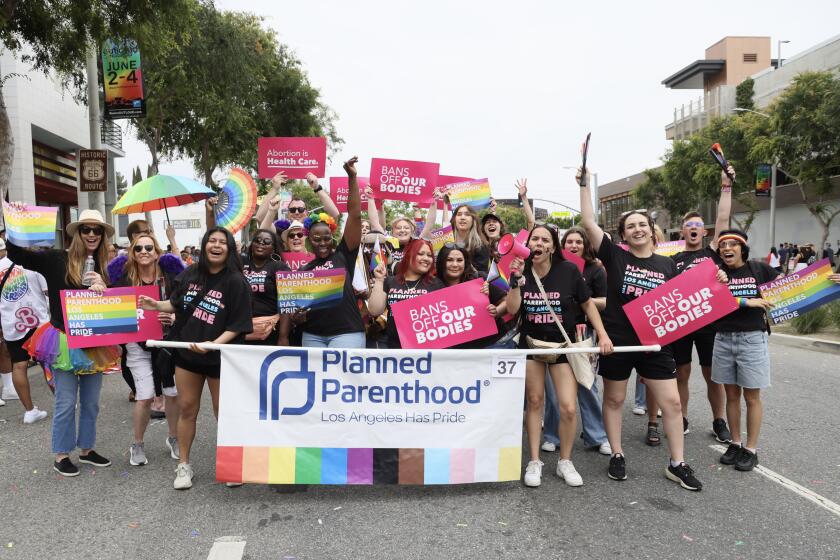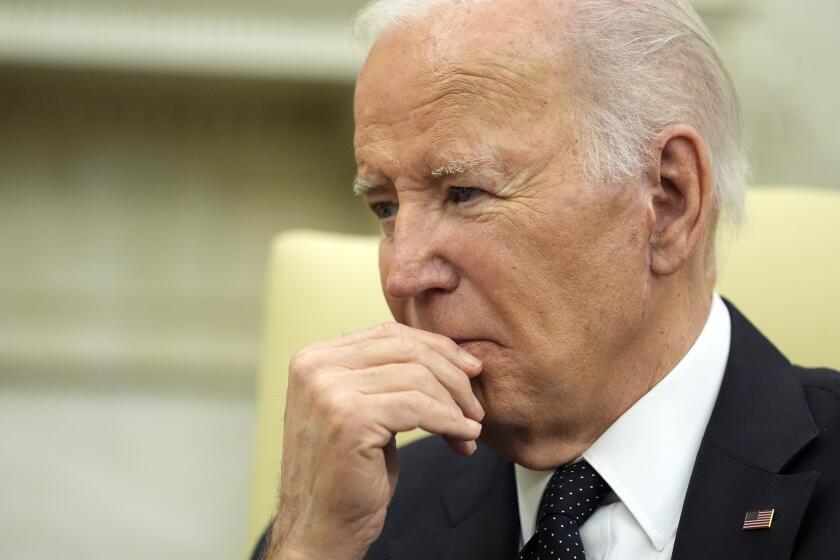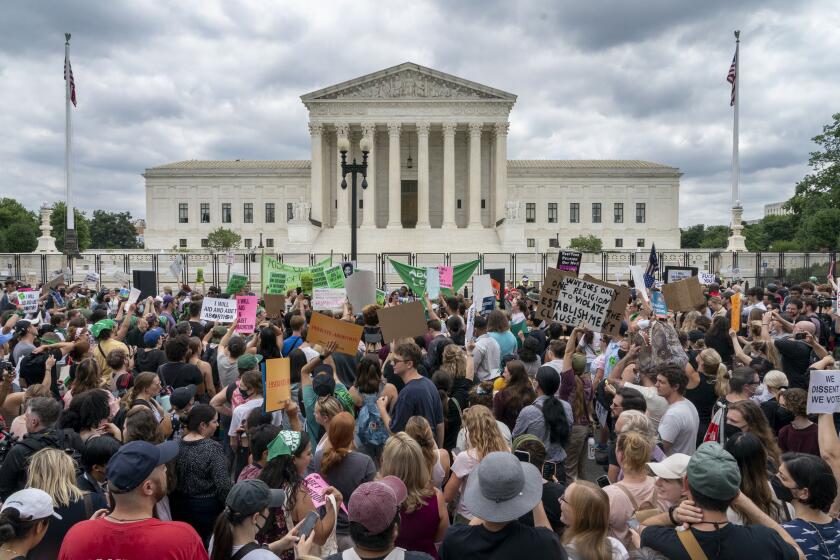Of ambassadors, Nixon talks ‘eunuchs’ and ‘bosoms’
When President Nixon gave testimony to a grand jury in the summer of 1975, he had already been pardoned by his successor, Gerald Ford, for any crimes he might have committed while serving in the White House.
So the purpose of his sit-down with federal lawyers on Monday, June 23, 1975, was for the disgraced former president to speak frankly about what he knew.
Still, he was well aware that what he said might implicate others who had worked in his administration.
“I mean I am quite aware of the fact that as far as anything that I did – you gentlemen are aware of that, too – that because of the presidential pardon, which was terribly difficult for me to take, rather than stand there and fight it out, but I took it, that I can admit anything with impunity, but you are not going to use me to try to nail somebody else simply because I am not guilty of something,” Nixon said. “…I can assure you that I am not going to be loose with my tongue and try to cooperate with you in a vendetta, if there is a vendetta, against men that I don’t think would have made improper advances.”
Among the topics of interest to federal lawyers was whether Nixon or his aides had ever offered ambassadorships to campaign donors in exchange for cash.
When questioned about the topic, an indignant Nixon rambled candidly.
“Major posts” to countries such as France, Britain and Japan were considered priorities in the Nixon White House, while posts to smaller countries were not important enough for the president to get personally involved in the selection process, he said.
“As far as other ambassadorial assignments were concerned, ambassador to Luxembourg or El Salvador or Trinidad, et cetera, it was not vitally important, as far as the national interest was concerned, to have in that post an individual whose qualifications were extraordinary,” he said.
In some cases, Nixon said, those posts went to campaign contributors. That’s how it had always been done.
“I would say, looking at the smaller countries like Luxembourg, that Perle Mesta wasn’t sent to Luxembourg because she had big bosoms,” he said, referring to the socialite whom President Truman made ambassador to Luxembourg. “Perle Mesta went to Luxembourg because she made a good contribution.”
“But may I say she was a very good ambassador in Luxembourg,” he continued. “And when you talk about selling ambassadorships, I don’t want the record of this grand jury even to indicate that people of wealth, because they do make contributions, therefore should be barred from being ambassadors.”
No, Nixon felt that “some of the very best ambassadors we have have been non-career ambassadors who have made substantial contributions.”
“As far as career ambassadors, most of them are a bunch of eunuchs,” he said. “And I don’t mean that in a physical sense, but I meant it in an emotional sense, in a mental sense. They aren’t for the American free enterprise system.”
Nixon’s frankness continued throughout the discussion. He referred to the island nation of Sri Lanka, then known as Ceylon, as a “God-awful place” and again called State Department employees “emotional eunuchs.”
Returning to his theme that previous administrations also had rewarded campaign contributors, he pointed to the case of Joseph P. Kennedy, who was made ambassador to the United Kingdom by President Franklin D. Roosevelt. Nixon suggested it would be “naïve” to think that Kennedy, an Irish Catholic, was the most logical choice to head American relations with the U.K.
Still, he said, in what may have been a veiled reference to Kennedy’s reputation as a bootlegger during Prohibition, “I think he was a pretty good appointment, as a matter of fact, up to a point. After all, at least he increased the Scotch supply here.”
DOCUMENTS: Read Nixon’s grand jury testimony
kim.geiger@latimes.com
More to Read
Get the L.A. Times Politics newsletter
Deeply reported insights into legislation, politics and policy from Sacramento, Washington and beyond. In your inbox three times per week.
You may occasionally receive promotional content from the Los Angeles Times.
